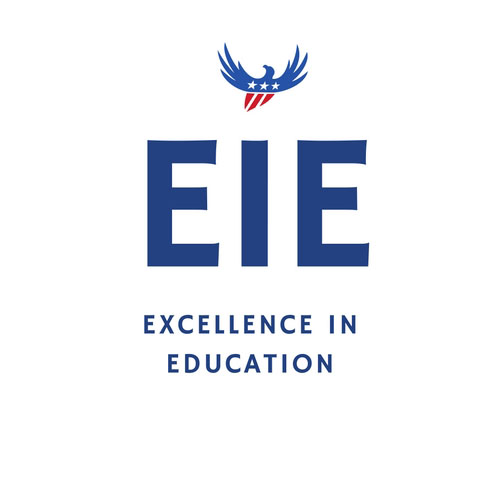 by Dr. Karen Chao
by Dr. Karen Chao
October is Learning Disabilities Awareness Month, so I thought you might appreciate an article that focuses on how vision problems can be mistaken for learning disabilities. When a vision problem is at the root of a child’s struggles with learning, the signs are very easy to see – when you know what to look for. Unfortunately, the signs can easily be mistaken for learning difficulties and/or attention problems. Children don’t know how they are supposed to see, so the only way they can tell you they have a vision problem is with their behavior. One of the signs that a vision problem may be contributing to one’s learning challenges is a short attention span when it comes to reading and near work. This behavior could easily be mistaken for ADHD.
Therefore, you need to know the various behavioral signs to watch for; for example, does your child:
avoid reading?
prefer to be read to?
turn his or her head at an angle when reading?
have more trouble comprehending what is read the longer he or she reads?
read a paragraph out loud but not remember what was read?
The types of vision problems, which interfere with reading and learning, are eye movement and eye coordination problems; that is why a child can pass vision screenings because they can see the letters on the eye chart 20 feet away. Eye movement and eye coordination disorders interfere with reading and copying skills.
It is important to understand that while our eyes take in visual information, that information is sent to the brain where it is processed. If the information that is sent to the brain is faulty, it can make learning very difficult. While learning disability websites list a variety of accommodations that can help children with Visual Information Processing Disorders, it is important for parents to understand that these are signs that a correctable vision problem is playing a role in your child’s learning challenges.
Research continues to show that optometric vision therapy is effective at resolving a variety of vision disorders that interfere with reading and learning; specifically eye movement (tracking), eye teaming (eye coordination), visual motor skills, etc.
If your child continues to struggle with reading, schedule an appointment with Dr. Karen Chao: 626-287-0401

